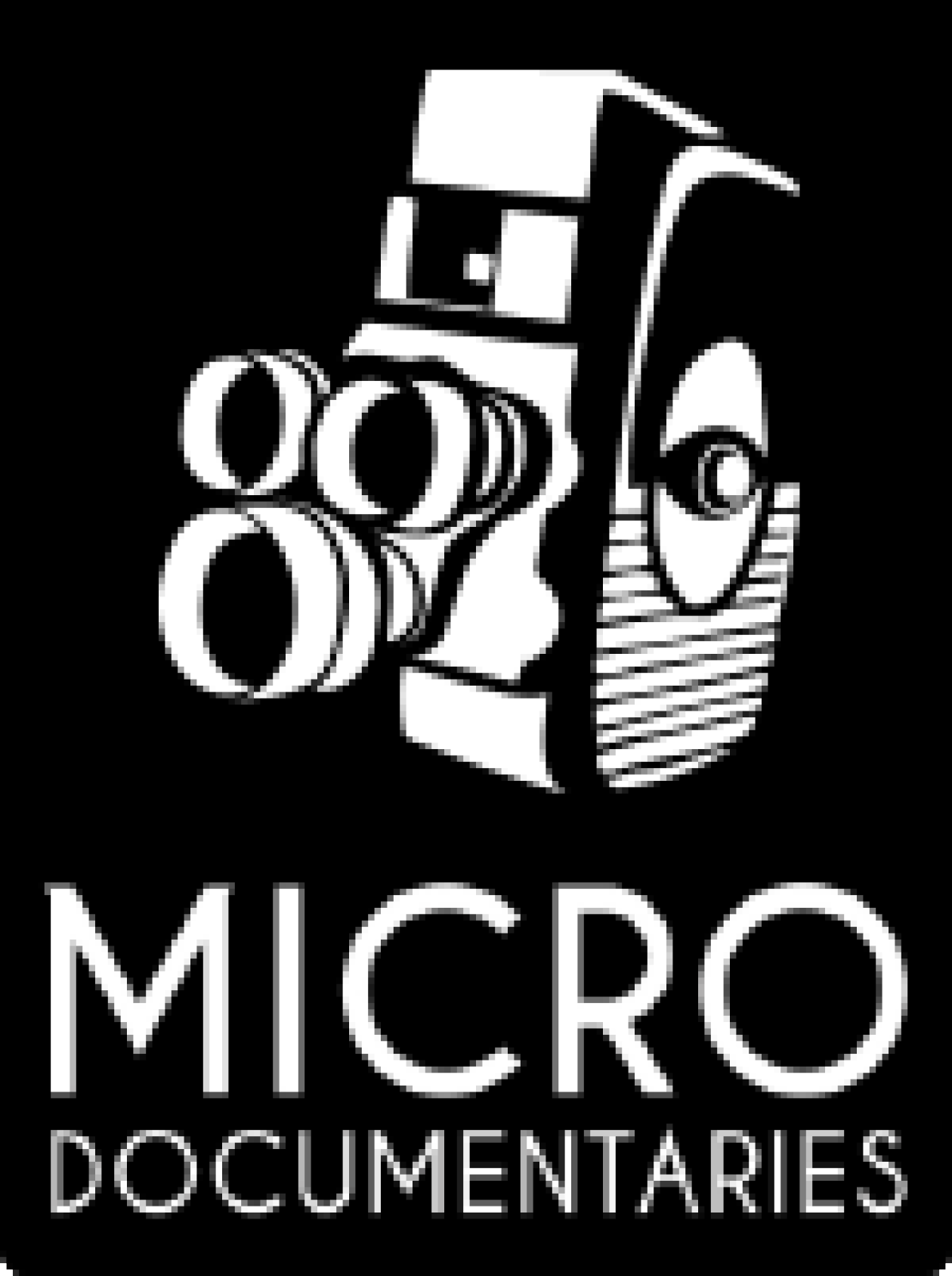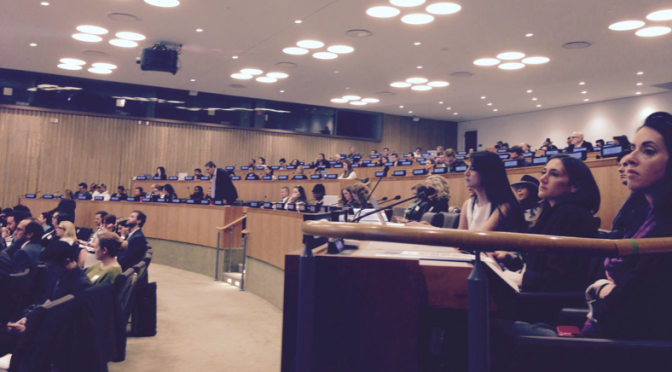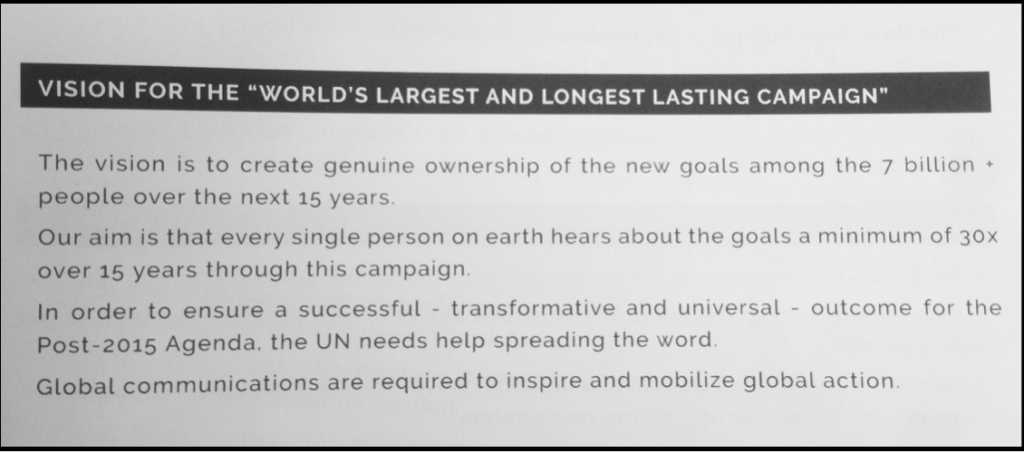Sometimes when I spend days and days working alone on edits, it’s easy to lose sight of the larger picture. The kind of impact we can have as media professionals, particularly in documentary film, can fall to the background. Earlier in May I had the unique opportunity to attend the Pvblic Foundation’s Media for Social Impact Summit 2015 at the United Nations in New York City. It was an eye-opening day that reminded me of why I was first drawn to documentary film as a profession more than a decade ago.
The idea behind the Media for Social Impact Summit is to inspire new media campaigns and commitments around pressing global issues. It does this by bringing together leading media companies, advertising firms and creative agencies with UN experts to share ideas and experiences and create new partnerships for future campaigns. This year’s summit had a special focus on the UN’s Post-2015 Sustainable Development Goals. The only way to ensure society takes action on these 17 vital goals is to help spread the word and mobilize groups to collaborate and inspire others. That’s why all of us were there.
I was immediately impressed by the sheer number of people attending, both from traditional advertising agencies and production companies with more unconventional communications and storytelling approaches. The collaboration between the Pvblic Foundation and the UN is called “Project Everyone” — one glance around the room showed why. It was one of my biggest take-aways from the day. Partnership is everything, and as media professionals we have to get out of the way of our egos and let our work be guided by ideas and collaboration. Partnership is especially important with organizations whose approaches are different from our own, as engaging society about pressing issues requires a range of perspectives and approaches. As Jan Eliasson, Deputy Secretary General of the UN, put it, “No one can do everything but everyone can do something.”
Over the course of the summit, a second common recommendation emerged from presenters: The most successful campaigns are simple awareness campaigns. This is true even for complicated issues. The communication needs to be quick, clear and transparent if we want to create and accelerate social impact through media. This rule of thumb is something we have to continually remind our teams and clients, even as the stories they want to tell involve complicated policy issues or multiple stakeholders. More words, more data points and more voices are not always better; in fact it is the stories with more breadth, fewer words and simple language that are often the most impactful (here’s one of my favorite examples of a simple story for a complex issue).
My hope is that as we continue to refine our work as micro-documentary storytellers, we can use our skills to help push the Pvblic Foundation’s vision forward “to build the largest and longest lasting campaign” around the UN’s sustainable development goals that inspire concrete action at a global level. Get in touch with us if you would like to partner with us on this mission!
Kiran Goldman, Director of Field and Post-Production
Kiran is a documentary filmmaker who has produced and edited international, criminal justice, environmental and health stories for PBS, FRONTLINE, FRONTLINE/World and Cornell University. She lives in the Bay Area with her husband and enjoys trail-running, traveling, camping, and cooking in her free time.


